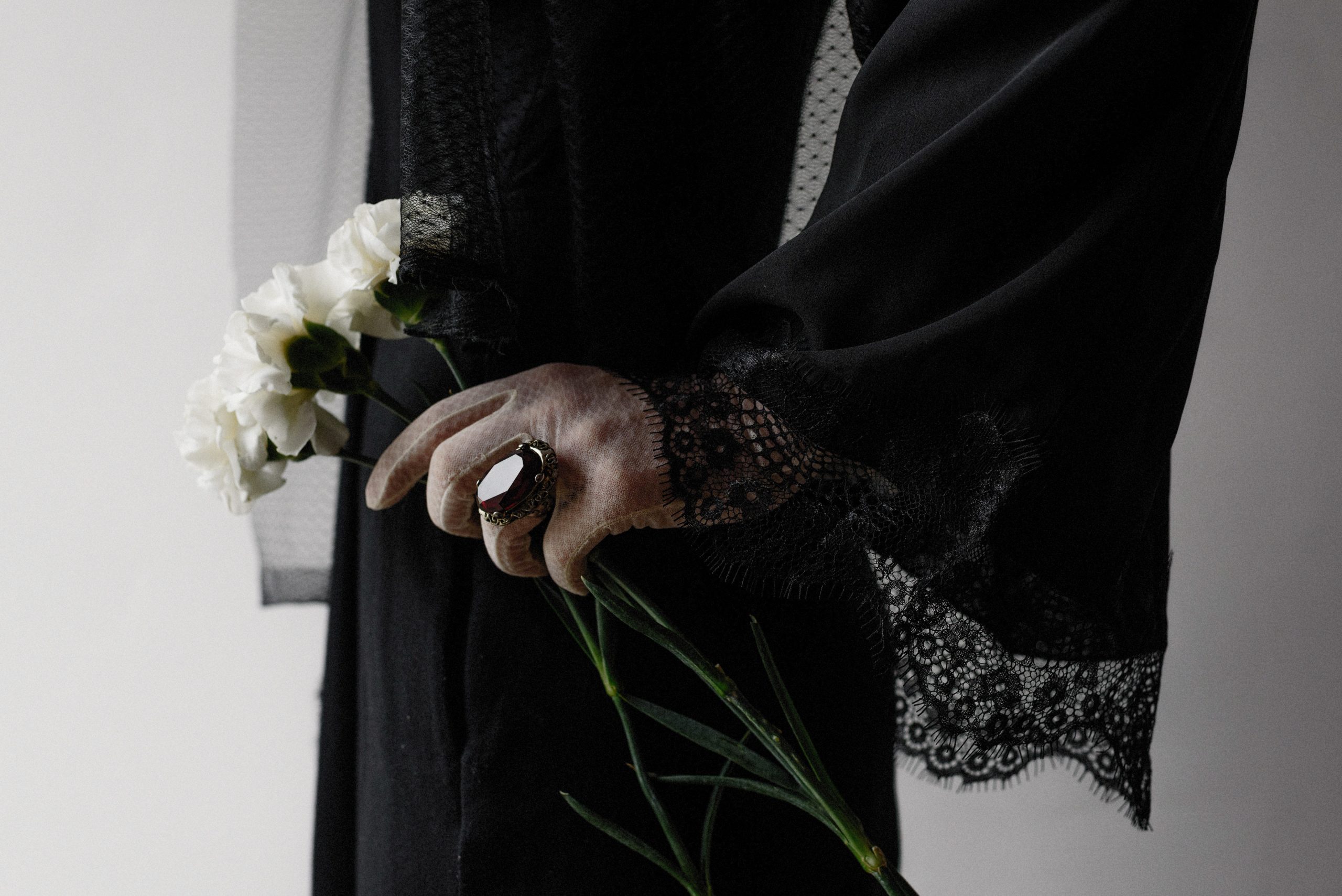Most people feel nervous about the topics of death and dying. After all, these can be uncomfortable, taboo subjects, and thinking about them can trigger intense feelings of worry, sadness, or even confusion.
But death anxiety (known as thanatophobia) refers to specific anxiety about death. This type of anxiety extends beyond general worries, making it difficult to function in daily life. Here’s what you need to know.
Understanding Death Anxiety
Life is finite, and it’s normal to worry about dying or losing loved ones. However, most people can accept these concerns as a routine part of living in this world.
Someone with death anxiety, however, feels immense anxiety in realizing that death is unavoidable and inescapable. In addition, they may experience tremendous fears surrounding:
- being separated from loved ones.
- having to deal with losing a specific loved one.
- leaving loved ones behind after they die.
These fears become so pronounced that they interfere with everyday living. In more extreme cases, the anxiety can affect how people engage in daily tasks or behaviors. In that line of thinking, death anxiety parallels that of a specific phobia.
Main Symptoms of Death Anxiety
Death anxiety symptoms vary based on the individual, but they may include a combination of:
- feeling intense anxiety over the thought of dying (or process of dying).
- avoiding situations that specifically remind them about death.
- feeling somatic symptoms (headaches, stomach pains) when thinking about death.
- persistent feelings of helplessness.
- panic attacks.
- worsening depression or anxiety.
Death anxiety can start as early as childhood, and symptoms may ebb and flow throughout the lifespan. At times, a manageable case may become exacerbated if a specific situation (like receiving a concerning medical diagnosis) occurs.
How to Cope If You’re Struggling
Overcoming death anxiety isn’t a perfect or linear process. As mentioned, it’s relatively common to still experience some mild discomfort or sadness about the inevitable end of life. That said, here are some practical tips to help you cope.
Make Life Meaningful
Interestingly, one of the best ways to combat the fear of death is by truly embracing a fulfilling, gratifying life. When you focus on trying to make the most of each moment, you inherently become more present.
Making life meaningful often means reevaluating important decisions in your life. For example, is it time to end a toxic relationship or switch careers? Is it time to cross off those items that have been on your bucket list for years? Only you can decide, but remember that procrastinating a good life doesn’t make death any less imminent.
Use Fear as a Motivator
Building a life full of healthy habits can increase the chances of you living a long, enjoyable life.
While you can’t control the unavoidable outcome of your life, you can focus on channeling your energy into the areas that you can control. This may mean paying closer attention to your nutrition, physical activity, and sleep.
Seek Support
Don’t struggle with your feelings in isolation. Withholding or guarding your truth often exacerbates distress.
Instead, reach out to loved ones. Let them know what you are experiencing. Try to share your concerns with people you know will validate your feelings.
Embrace Gratitude
Although life will end, it’s undoubtedly beneficial to find joy and meaning in the moments making up your daily existence. Research shows that people who practice gratitude consistently feel happier and more resilient in handling adversity.
Try to think about how you can incorporate more appreciation each day. Even small gestures can make a significant difference. For example, you can commit to writing down the three best parts of your day before you go to sleep each night. Or, you can commit to writing a thank-you letter to a loved one once a month.
Get Your Affairs in Order
Some people fear death because they worry immensely about how their loved ones will take care of themselves in their absence. To diffuse some of this anxiety, it is often helpful to really hone in on your trust, will, and other related issues.
Getting things in order may seem morbid, but it will give you peace of mind. In addition, it can be invaluable for your family.
After all, knowing that everything is in place avoids any second-guessing or confusion. It can also help you feel less anxious about potentially burdening others. You may benefit from speaking with your doctor (for end-of-life preferences), an attorney (for anything related to your estate), and a financial planner (for specific financial considerations).
Consider Therapy
Death anxiety doesn’t always go away on its own. Many times, symptoms progressively worsen, particularly if you’re coping with grief or managing illness yourself.
Therapy can provide a supportive environment to work through these fears effectively. Together, we can discuss healthier strategies to cope with your stress. Contact me today to learn more.

